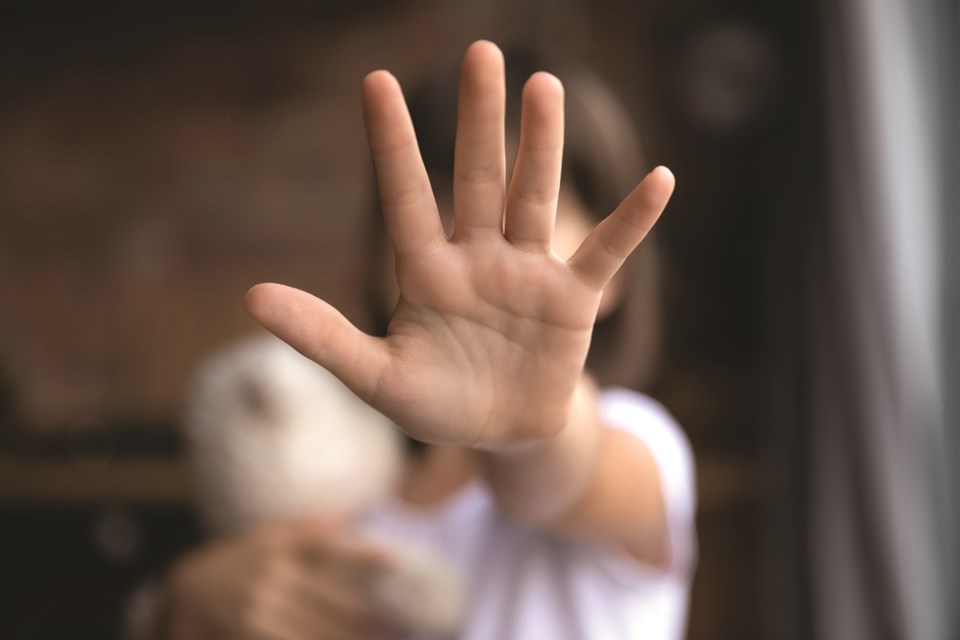ST. PAUL – The Mannawanis Friendship Centre (MNFC) initiated a 24-month project to address gender-based violence in St. Paul and surrounding areas. This project aims to create a comprehensive manual that outlines best practices for tackling the issue.
The MNFC received $391,000 to conduct the project through a federal funding distributed by Women and Gender Equality Canada (WAGE). The funding is part of the Government of Canada’s $7.3 million funding to advance gender equality.
During a recent presentation at a Town of St. Paul council meeting, Chantel Gladue, the lead coordinator for the at MNFC, provided an overview of the project.
“Gender-based violence (GBV) is violence directed against a person because of their gender. So, women and men and 2SLGBTQI+ members experience gender-based violence, and that is on the rise across Alberta and all of Canada,” said Gladue.
She said GBV has a “detrimental impact” on mental health, leading to issues such as depression, PTSD, and suicidal thoughts. It also has long-term consequences, including reduced educational attainment and economic opportunities.
Desiree McCarthy, GBV researcher, says the project will be achieved through collaboration with community partners, conducting research, and engagement with elders, families, victims of GBV.
“The [MNFC] will facilitate Indigenous circles and identify gaps, compile research strategies, and develop recommendations to advance best practices,” says McCarthy.
At the end of the project, MNFC will produce a manual and tools focused on gender-based violence, according to McCarthy. These resources can be used to train staff and community partners, raising awareness and equipping them to address instances of gender-based violence effectively.
An engagement session will also be held to share the project's results.
During discussions, Gladue emphasized the need for cooperation and awareness, providing examples of how GBV can be the result or the consequence of homelessness.
For example, lack of support for people in vulnerable situations may also lead to human trafficking, says Gladue, and the project hopes to address these concerns in St. Paul, particularly among high-risk women.
These women often face homelessness, addiction, and mental health struggles, making them vulnerable to trafficking.
“When it comes to human trafficking, these women that are high risk... They're just looking for a place to have a roof over their head for the night,” says Gladue. “And so, if they’re being picked up, we see them getting dropped off in the mornings in front of [MNFC]. That's just one example of what’s happening right now.”
Following the presentation to Town council, Mayor Maureen Miller expressed support for the project. She said once it is complete, it will provide potential benefits for the entire community.
“We’re all looking for those opportunities to improve,” said Miller.



